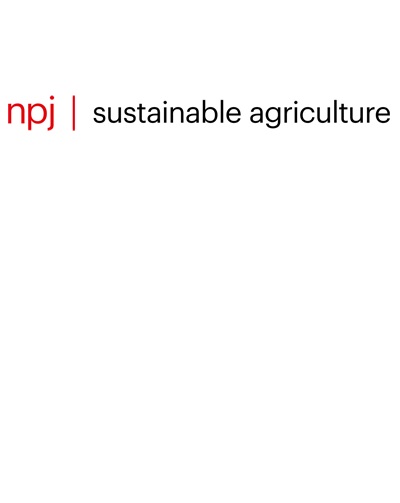Methods for introduction of an improved cultivar of Ber tree (Ziziphus mauritiana Lam.) also called Jujube and its management on farms through intercropping with African eggplant (Solanum aethiopicum L.) and sorghum [Sorghum bicolor (L.) Moench] were tested in Sanankoroba, Mali. An experimental plantation was established on-farm with seedlings of the local variety of Ber half of which were grafted in situ with an improved cultivar of Ber called Seb. Crop production, Ber growth and fruit production were assessed over two cropping seasons. Both the improved and local varieties of Ber had no detrimental effect on either eggplant or sorghum, both in terms of yield and nutritional quality. In fact a beneficial effect of trees was found on the performance of both crops (yield and dry matter production) which suggests complementarities in resource use. The high level of fruit production by the improved variety of Ber observed on farms under rain-fed conditions may be a source of additional income and diversification of diet for rural communities in West Africa. Therefore, farmers’ adoption of growing improved Ber varieties in association with food crops may help considerably in improving food security and alleviating poverty in the region.
DOI:
https://doi.org/10.1007/s10457-016-9978-z
Altmetric score:
Dimensions Citation Count:























